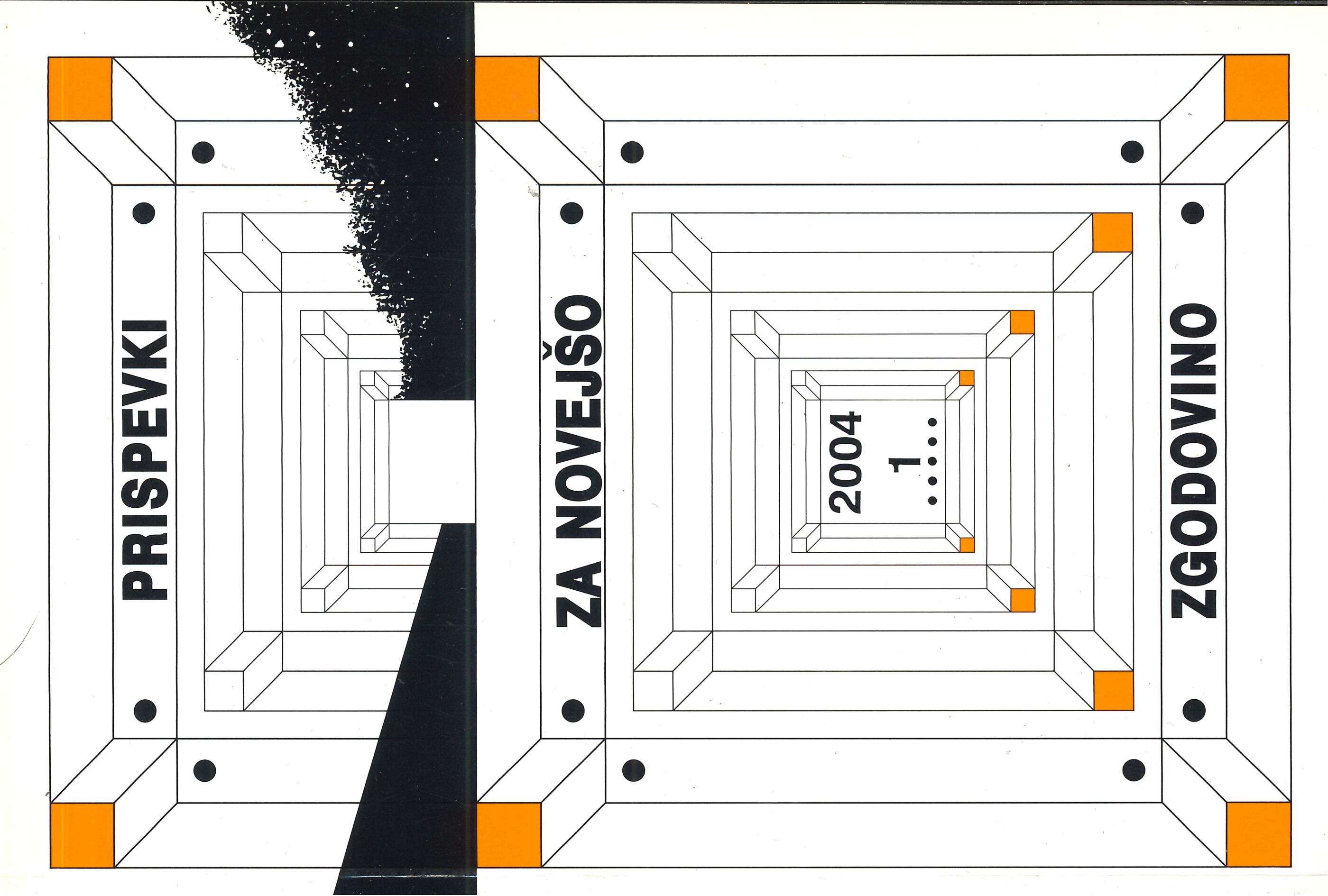The Conflict Between the Slovene Authorities Carlo Margotti, Bishop of Gorizia and Antonio Santin, Bishop of Koper-Trieste (1945-1947)
Keywords:
Carlo Margotti, Bishop of Gorizia, Antonio Santin, Bishop of Trieste-Koper, newspapers, confirmations, massive organisations, Virgil ŠčekAbstract
The article deals with the conflict between the post-war Slovene authorities and the then representatives of the Catholic Church in Primorska, both of whom were of Italian origin. First of all, the bishops' attitude towards the new, post-war authorities is indicated. The article continues by presenting the obstacles, created by the Slovene authorities, the bishops embarked upon while trying to establish their jurisdiction in Zone B. The bishops experienced serious restrictions when visiting the parishes in the zone. Besides, newspapers regularly published articles which cast slur upon the two bishops in an attempt to blacken them in the eyes of their faithful. The bishops encountered particular difficulties when administering the sacrament of confirmation in Zone B. By using extensive propaganda in the newspapers, organizing mass gatherings and employing party activists, the Slovene authorities attempted to prevent the bishop from coming and administering confirmation, which they also succeeded on several occasions. The article concludes by presenting the attitude of the priests from Primorska towards the two bishops of Italian nationality.
Downloads
Published
Issue
Section
License
Authors who publish with this journal agree to the following terms:
- Authors retain copyright and grant the journal right of first publication with the work simultaneously licensed under a Creative Commons Attribution License that allows others to share the work with an acknowledgement of the work's authorship and initial publication in this journal.
- Authors are able to enter into separate, additional contractual arrangements for the non-exclusive distribution of the journal's published version of the work (e.g., post it to an institutional repository or publish it in a book), with an acknowledgement of its initial publication in this journal.
- Authors are permitted and encouraged to post their work online (e.g., in institutional repositories or on their website) prior to and during the submission process, as it can lead to productive exchanges, as well as earlier and greater citation of published work (See The Effect of Open Access).


